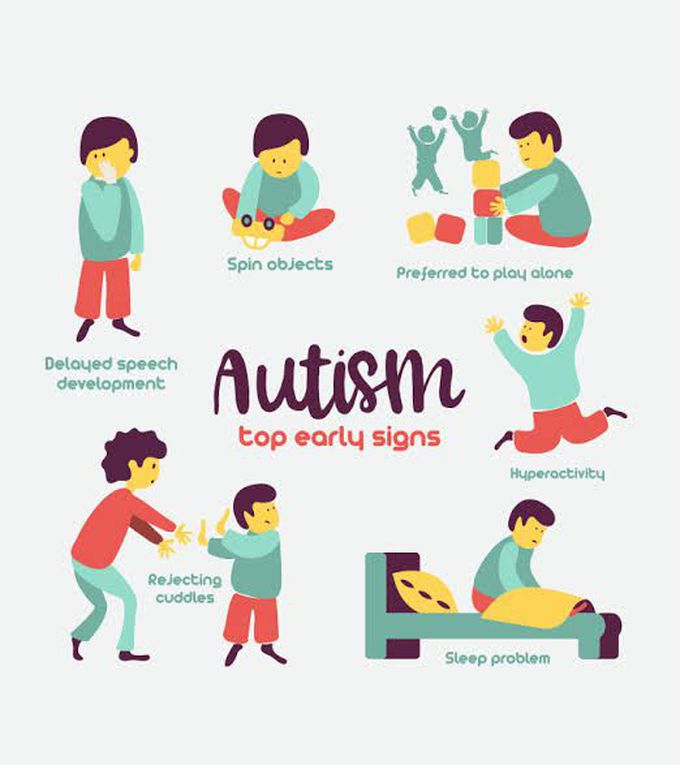


Characters of Autism
Every autistic person is different and has different experiences. However, there are some characteristics that are common in autistic people. The way these characteristics show themselves can change with age, and also with the situation you’re in. For example: the way you use language and talk might be different to most people you may use facial expressions, tone of voice, and gestures (hand and body movements) differently to most people making and maintaining friendships might be difficult for you you may be good at seeing patterns or solutions, and be good at seeing solutions to problems that other people might not you might have set ways of doing things, and find it difficult to do them differently autistic people are often very good at understanding and working with structured systems, for example languages, music, and computers you may have good attention to detail, and be good at spotting mistakes you might be passionately interested in certain things, and as a result learn a large amount about them in a short time – these interests can change throughout your life you might avoid or seek out certain sensations, like loud noises or specific textures, more than most people, and experience them more strongly there might be some foods you particularly enjoy and eat a lot of, and others that you can’t be around due to their texture or smell when working on projects, you might find it difficult to think about the project as a whole – you may do a great job on your part of a group project, but struggle to imagine how it fits in with everyone else’s part while autistic people can be good at paying attention to detail, you might find it difficult to leave out details that are accurate but not needed when talking to people or working on projects autistic people can be very determined and driven, and keep going with tasks or problems when other people may give up you might find you’re always determined to make sure things are ‘perfect’, and sometimes forget to eat or sleep if you’re working on something it can be difficult for autistic people to work in groups where there isn’t clear communication about what they’re expected to do There are a number of other possible signs that a healthcare professional will look for when assessing if someone is autistic.

